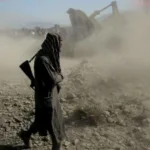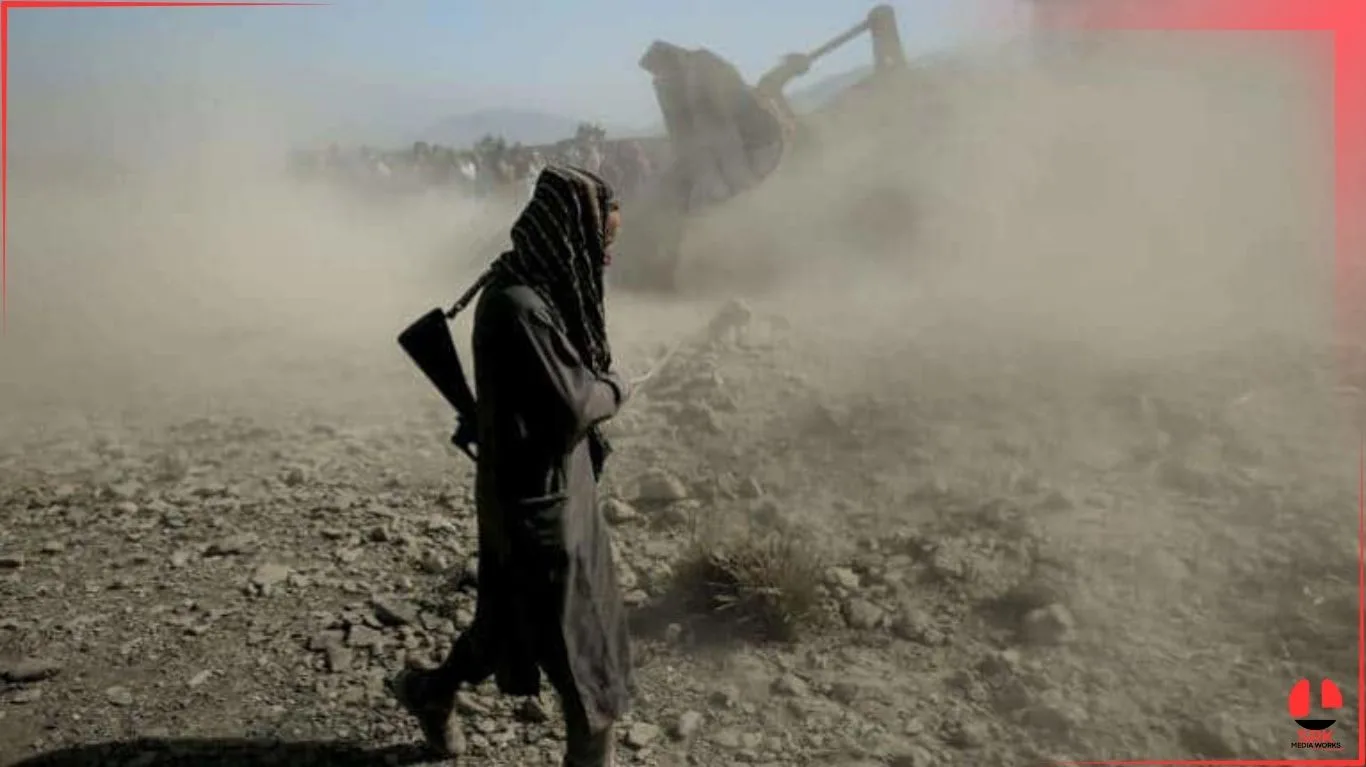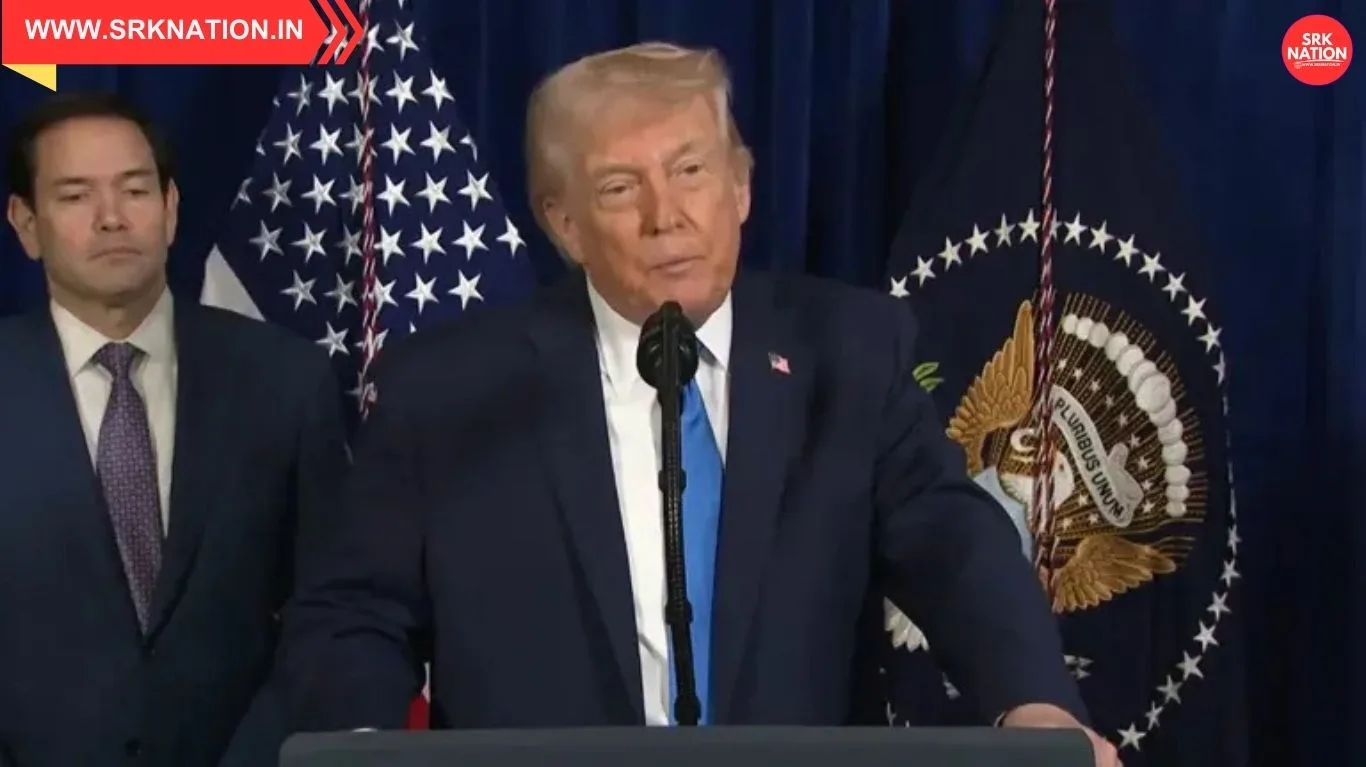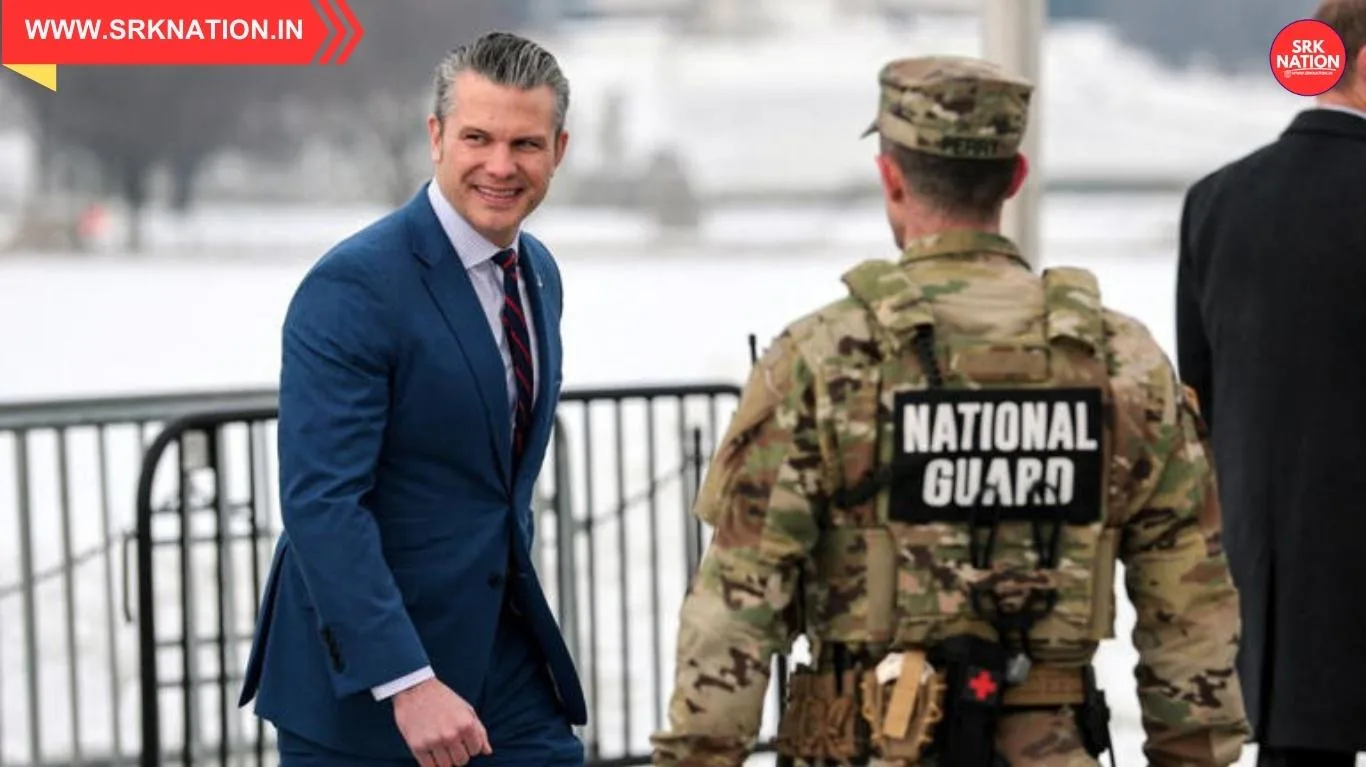In a scathing legal rebuke, Federal Judge April Perry has questioned the Trump administration’s grasp on reality while issuing a detailed ruling that blocks the deployment of Texas National Guard troops to Chicago. The decision, released on October 10, 2025, follows weeks of legal wrangling over the administration’s plan to send military personnel to quell what it described as “urban unrest and lawlessness” in the city.
Judge Perry’s 47-page opinion not only invalidated the deployment order but also raised serious concerns about the administration’s reliance on unverified claims, exaggerated threats, and ideologically driven narratives. She described the move as part of a “troubling trend” where executive decisions are increasingly detached from factual evidence and constitutional norms.
🧠 Key Highlights from Judge Perry’s Ruling
| Legal Issue | Court’s Finding |
|---|---|
| Deployment Legality | Violates Posse Comitatus Act and federalism principles |
| Threat Assessment | Based on speculative and uncorroborated data |
| Constitutional Oversight | Lacks Congressional or judicial review |
| Public Safety Justification | No credible evidence of emergency conditions |
| Executive Overreach | Reflects pattern of unilateral action |
Judge Perry cited the Federalist Papers, historical precedents, and recent surveillance data to argue that the administration’s justification for troop deployment was “not reliable” and “politically motivated.”
📊 Timeline of Events Leading to the Legal Block
| Date | Event Description |
|---|---|
| Sep 5, 2025 | Trump announces plan to deploy troops to Chicago |
| Sep 9, 2025 | Civil rights groups file lawsuit in federal court |
| Sep 15, 2025 | Preliminary injunction issued by Judge Perry |
| Sep 30, 2025 | Full hearing concludes |
| Oct 10, 2025 | Final ruling released blocking deployment |
The lawsuit was filed by a coalition of civil liberties organizations, Chicago city officials, and state lawmakers, arguing that the deployment violated both federal and state laws.
🧾 Judge Perry’s Critique of Administration’s Narrative
In her ruling, Judge Perry wrote:
“Ultimately, this court must conclude that defendants’ perceptions are not reliable. The administration’s portrayal of Chicago as a war zone is unsupported by data and contradicted by local law enforcement.”
She further noted that the administration failed to consult with Illinois Governor J.B. Pritzker or Chicago Mayor Brandon Johnson, both of whom opposed the deployment.
| Narrative Element | Court’s Assessment |
|---|---|
| Urban Unrest Claim | Exaggerated, not backed by crime statistics |
| Federal Intervention Need | Unnecessary, undermines local governance |
| National Security Framing | Misapplied to domestic law enforcement |
| Political Timing | Coincides with campaign rallies and media blitz |
The court emphasized that federal troops cannot be used as a tool for political messaging or intimidation.
🗣️ Reactions from Political and Legal Circles
- Governor J.B. Pritzker: “This ruling protects our state’s sovereignty and democratic institutions.”
- Mayor Brandon Johnson: “Chicago is not a battlefield. We need investment, not intimidation.”
- ACLU Legal Director: “A landmark decision that reaffirms constitutional checks on executive power.”
- Trump Campaign Spokesperson: “The judge is out of touch with reality. The President will appeal.”
| Stakeholder | Reaction Summary |
|---|---|
| Civil Rights Groups | Celebrated ruling as victory for democracy |
| Republican Leaders | Accused judiciary of partisan bias |
| Legal Scholars | Called ruling a precedent-setting judgment |
The administration is expected to file an appeal in the Seventh Circuit Court of Appeals, but legal experts say the ruling is well-grounded and likely to be upheld.
🧭 Broader Implications for Federalism and Civil Liberties
Judge Perry’s ruling is being hailed as a defining moment in the battle over federal overreach, especially in the context of domestic law enforcement. It sets a precedent for:
- Limiting military involvement in civilian affairs
- Reinforcing state autonomy in public safety
- Demanding evidence-based executive decisions
- Protecting cities from politicized federal interventions
Legal analysts believe this case could influence future litigation involving immigration enforcement, protest management, and emergency declarations.
📊 Comparative Analysis: Federal Deployments Under Recent Administrations
| Administration | Notable Deployment | Legal Challenge Outcome |
|---|---|---|
| Obama (2015) | Baltimore protests | No federal troops used |
| Trump (2020) | Portland protests | Injunction partially granted |
| Biden (2022) | Border crisis | Coordinated with states |
| Trump (2025) | Chicago unrest | Deployment blocked |
The ruling underscores the judiciary’s role in maintaining constitutional balance amid executive activism.
Disclaimer
This news content is based on verified court documents, public statements, and legal analysis as of October 11, 2025. It is intended for editorial use and public awareness. The information does not constitute legal advice, political endorsement, or judicial opinion and adheres to ethical journalism standards.











